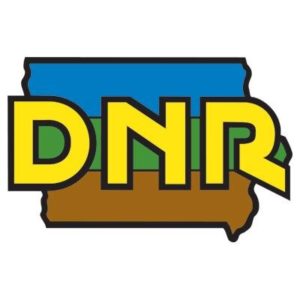 The extent of impact that a cold and snowy late winter and heavy rains and flooding in April and May had on pheasant nesting success will likely be seen when the Iowa Department of Natural Resources (DNR) conducts its annual pheasant counts.
The extent of impact that a cold and snowy late winter and heavy rains and flooding in April and May had on pheasant nesting success will likely be seen when the Iowa Department of Natural Resources (DNR) conducts its annual pheasant counts.
The statewide survey takes place Aug. 1-15.
The survey is conducted by Iowa DNR staff who drive 218, 30-mile routes on gravel roads at dawn on mornings with heavy dew. Hen pheasants will move their broods to the edge of the gravel road to dry off before they begin feeding, which makes them easier to count.
“Conditions for the survey are important as the accuracy of the counts depend on the dew conditions when the routes are run,” said Todd Bogenschutz, upland wildlife research biologist for the Iowa DNR.
What staff see when they drive the routes is anybody’s guess. Winter began mild but ended under heavy snow and bitter cold temps. Spring wasn’t much better – below normal temperature and heavy rain across much of the state. Not exactly a recipe for growing a pheasant and quail population.
“We started receiving reports of staff seeing pheasant broods in late May and hearing quail calls through the spring and summer which are both positive signs,” he said. “It will be interesting to see the survey results.”
The August roadside survey has been conducted over the same routes since 1962. In addition to pheasants and quail, the survey collects data on partridge, cottontails and jackrabbits. Results will be posted online at www.iowadnr.gov/pheasantsurvey by Sept. 10. Iowa’s pheasant season begins Oct. 26.
